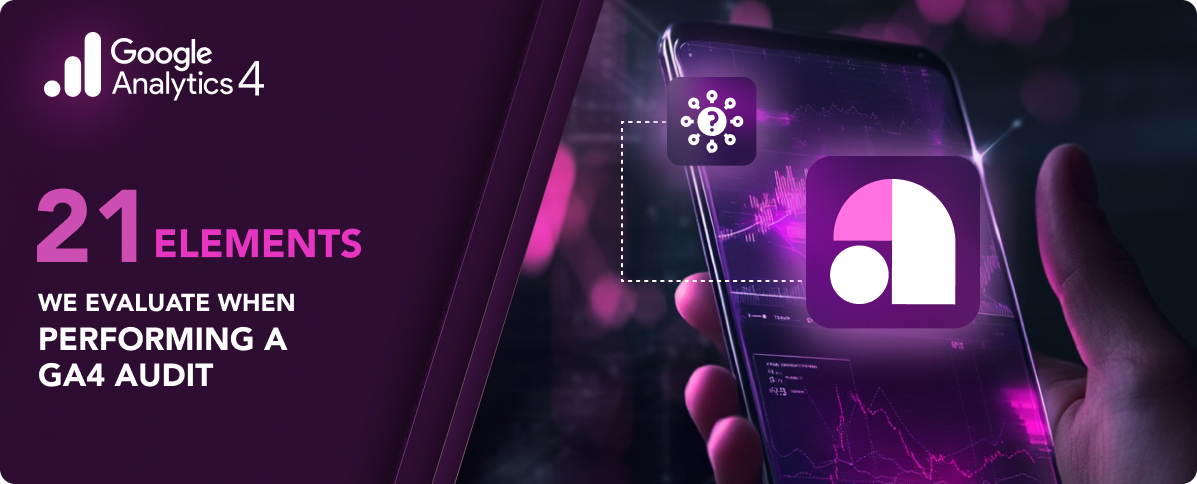Table of Contents
Pumex often comes across clients who wish to leverage a mobile experience for their applications. Where the end user can download an app from their phones respective application store; like Google Play or the Apple App Store. These clients have two options at their disposal – a native application, or a hybrid application – both of which have their own set of pros and cons. Native applications are applications that are built specifically for use on a singular platform – such as; Android, iOS, Windows Mobile, etc. Hybrid applications, on the other hand, include a web application (HTML5/JavaScript) wrapped within a native “container” that allows access to platform specific functionalities.
Native Apps
Each mobile platform (Android, iOS, Windows Mobile) provides developers with their own development tools, customized SDK’s and design guidelines. iOS – Objective-C or Swift/iOS SDK Android – Java/Android SDK The main advantage of building a native application is the faster and more reliable performance that comes as a result of developing the application within a well-defined ecosystem. It also allows the developer to leverage all the functionality that physical devices within a platform offer – like the GPS, camera, accelerometer, etc. Native applications also do not mandate an internet connect to be present at all times (although specific functionality within the application could require an internet connection to function properly). On the other hand, building a native app is relatively time consuming and costs more since there needs to be separate development efforts to build the app for each platform you want the app to be available on. A native application is best recommended when developing applications that are performance and graphics heavy (games), or in the fairly unique situation where there is a need for heavy use of the phones native capabilities and the absolute highest level of performance is required, irrespective of the cost of development.
Hybrid Apps
Hybrid apps can be visualized as “web apps” that are built using common front-end languages like HTML5, CSS and JavaScript, and targets a WebView (rather than a mobile browser) that is hosted within a native container. The most common hybrid application development framework is Apache Cordova, that enables applications to execute across different platforms by relying on standards-compliant API bindings that provides access to the different native device capabilities such as, camera, GPS, accessibility, etc. Developers can also access plugins (both core and third-party) that allows Cordova and the devices native components to communicate with each other, while even providing additional bindings that are not available across every platforms. The main advantage with taking a hybrid approach to mobile application development is the reduced development effort needed since you can reuse one code base of the application across the different platforms. This reduced development effort, combined with the relative ease of hiring individuals with web development skills, results in cheaper origination costs as compared to a native application that must be built across multiple platforms. Pumex Computing has extensive experience helping clients build both native and hybrid applications across a number of domains for both internal and external use. While deciding on developing a mobile application is the easy part, determining whether to build a native or hybrid application is a much harder task. Our elite team of analysts and developers never forces a client to choose either a native or hybrid application, but we rather encourage our clients to answer the below questions:
- What functionality do you intend to include as part of the application?
- What is the timeframe for developing the application?
- What is the budget allocated for developing the application?
Answering these questions helps our clients work hand-in-hand with Pumex to determine whether to move towards a native or hybrid platform and get their mobile concept developed, packaged, and ready for marketing.


















































